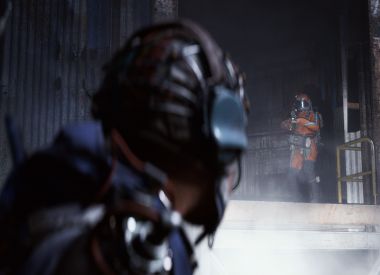Though I miss the late Christopher Hitchens very dearly, I’ve made a point not to speculate too seriously about how he might have remarked upon the current affair of things. Even if that sort of thing didn’t feel cheap to me, though I can assure you it most certainly does, I don’t think I could guess at the aim of the polemics Hitchens would pen had he not succumbed to esophageal cancer six years ago, with anything resembling certainty. A testament to his unyielding intellectual honesty.
I’m a writer of a very different breed than Hitchens, both in profession and especially in quality. However, there are still things to glean from his integrity and adverion to leaning on ready-made phrases. Even in the world of pop culture journalism, the climate encourages you to cling to safe uncontroversial assertions. No one wants to be the critic that gave The Last Jedi a less than glowing review. No one wants to be the one that found some things to recommend in the latest Woody Allen picture, despite the controversy surrounding its author. No one wants to be meanly thought of. I’m not unempathetic to these concerns, and I’m not always steadfast against the lure of being well thought of. But I have found, thanks in large part to the influence of many greater than myself, that honesty is the most rewarding companion a writer can have. I found that doing the work to find out exactly how I feel about a film or novel, resisting the temptation of shortcuts and embracing ethics, then applying that clarity to as lucid a review that I can manage, offers a gratification like no other.
It’s compulsory to have heroes, and 2017 has certainly punished us for that impulse. Although Hitchens related his passion for celebrating our emancipation most frequently as a censure of theocracy and totalitarianism, the sentiment served me well in the face of celebrity worship all the same. His many essays and speeches taught me to serve only one master: cogency. Unfinished thoughts, imprecise language, euphemistic phrases, are all regrettably in vogue at the present, especially when it comes to print. It’s more perilous than most people know. For this crime of shiftlessness, our democracy suffers, our art suffers, we suffer. I didn’t always agree with the opinions of Hitchens and I sometimes felt he perhaps phrased things a tad more defamatory than he needed for the sake of maintaining the guise of a rapid provocateur.
But his brilliance and dedication to truth keeps me steady, and awakens in me the perpetual desire to be better.

















